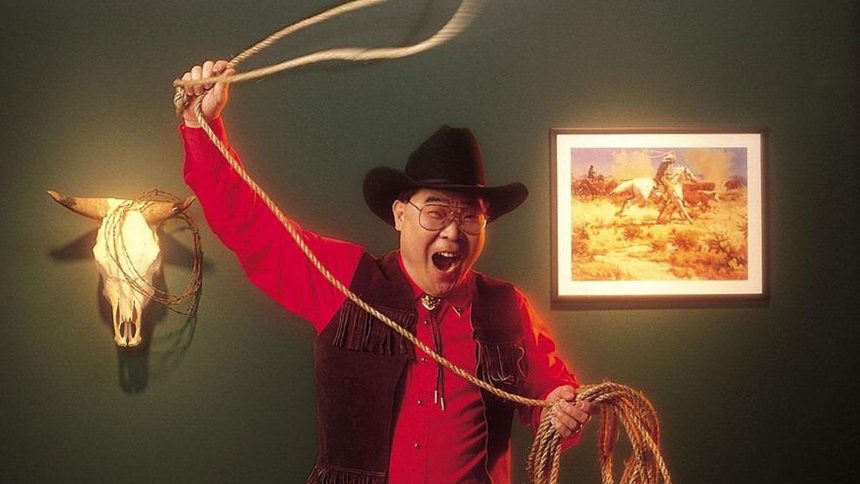Junki Yoshida, the charismatic founder of Mr. Yoshida’s Japanese-style barbecue sauce, embodies the American dream, albeit one tinged with both sweet success and bitter setbacks. His journey began with familial rejection following his move from Kyoto, Japan, to Seattle at the age of 19. Driven by a desire to prove himself, Yoshida channeled his entrepreneurial spirit, drawing inspiration from his mother’s culinary expertise to create a unique teriyaki sauce in his Oregon basement. This marked the genesis of Mr. Yoshida’s, a brand that quickly gained traction, eventually reaching $25 million in sales before capturing the attention of food giant Heinz in 2000.
The acquisition by Heinz, initially perceived as a golden opportunity for growth, quickly soured into a cautionary tale of corporate mismanagement. Despite promises of expansion, Heinz, according to Yoshida, systematically dismantled the brand, neglecting marketing efforts, altering the cherished recipe, and ultimately diminishing its market presence. Over two decades, the once-thriving brand languished under Heinz’s stewardship, its founder relegated to a passive observer. Yoshida attributes the decline to a lack of investment, frequent management changes, and a cost-cutting strategy that prioritized short-term profits over long-term brand building.
The turning point arrived in 2024 when Yoshida, fueled by a potent mix of entrepreneurial grit and a desire to reclaim his legacy, orchestrated a buyback of the U.S. distribution rights for Mr. Yoshida’s. The repurchase, a symbolic victory against corporate indifference, marked a resurgence not only for the brand but also for Yoshida’s unwavering belief in his product. The rapid return to major retailers like Costco, Sam’s Club, Safeway, and Albertson’s, coupled with a strategic launch on Amazon, signaled a renewed commitment to connect with a loyal customer base who had patiently awaited the sauce’s return.
The revival of Mr. Yoshida’s is a testament to the power of authenticity and the enduring appeal of a quality product. Yoshida’s commitment to his original slow-cooked recipe, a point of contention during the Heinz era, stands as a cornerstone of the brand’s renewed identity. His hands-on approach, marked by in-store demonstrations and direct engagement with customers, harkens back to the early days of the brand’s success. This dedication to quality and personal connection resonates deeply with consumers, fostering a sense of loyalty that transcends mere transactions.
The current landscape of the condiment industry, however, presents new challenges. Yoshida now faces a vastly different competitive environment than the one he navigated in the 1980s and 90s. The proliferation of new brands, fueled by venture capital and aggressive marketing strategies, demands a renewed focus on innovation and market penetration. The digital marketplace, largely ignored during the Heinz years, now presents a critical avenue for growth, requiring Mr. Yoshida’s to adapt to the demands of e-commerce and compete with digitally native brands.
Looking towards the future, Yoshida envisions a multigenerational legacy for his brand. His grandson’s expressed interest in joining the family business has instilled a renewed sense of purpose, driving Yoshida to rebuild and expand Mr. Yoshida’s beyond its former glory. This succession plan signals a commitment to long-term growth and a renewed focus on cultivating the next generation of leadership. Yoshida’s unwavering drive, coupled with a revitalized brand and a clear succession strategy, positions Mr. Yoshida’s for a triumphant return to prominence in the fiercely competitive condiment market.



